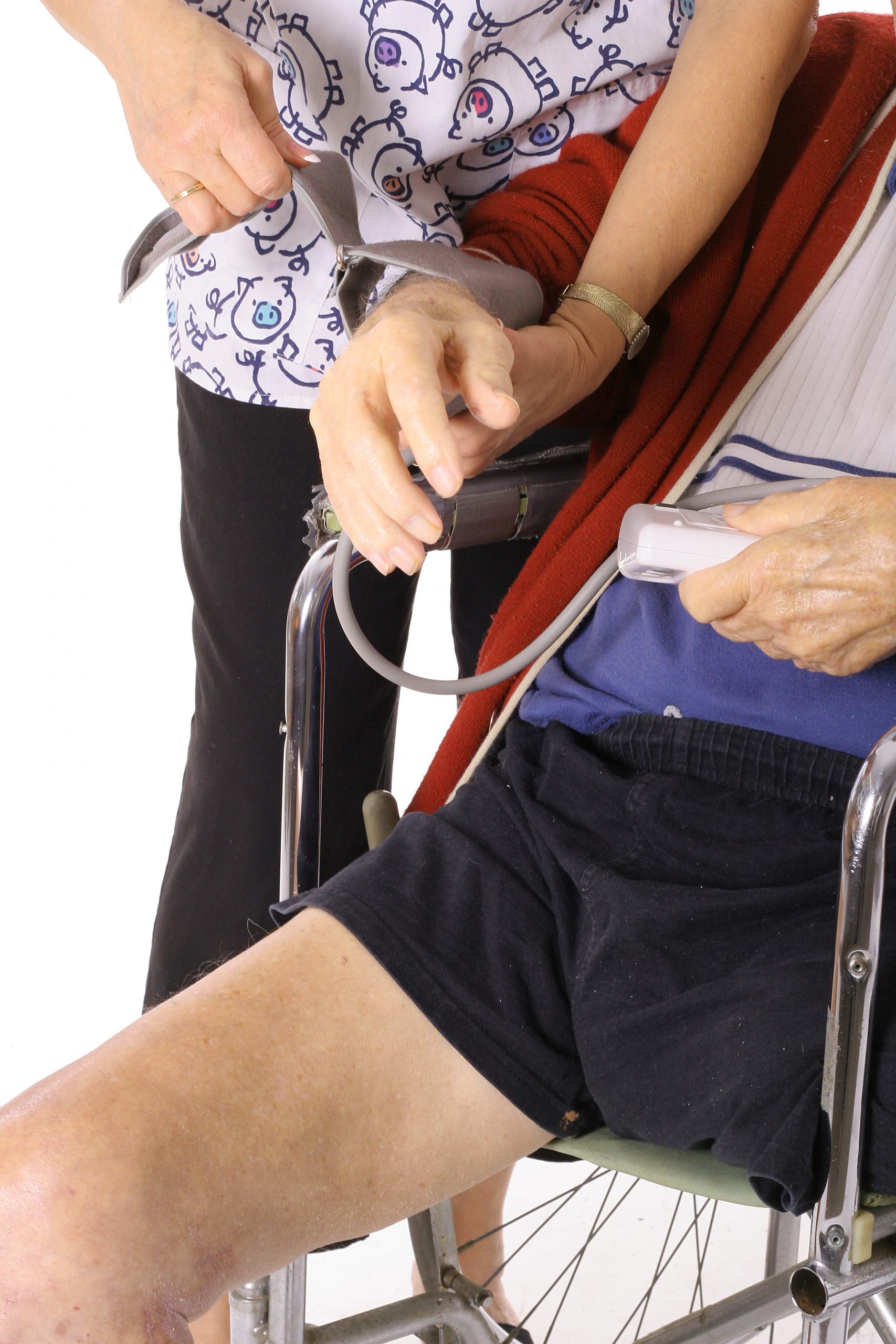Today’s Topic: Did you know that pharmacies and pharmacists continue to be a top enforcement priority for the U.S. Department of Justice and the myriad health care fraud task forces around the country?
Recent Sentencing in Compounding Pharmacy Fraud Case
This past week, a Mississippi pharmacist was sentenced to 5 years in prison for defrauding TRICARE (the government healthcare payer for the U.S. military and veterans) and some private insurance companies of $180 million through various kickback schemes. These schemes might sound familiar because they all take on common characteristics- essentially payments to someone in exchange for referral of prescriptions to boost the pharmacy’s numbers. And, more often than not, these prescriptions are medically unnecessary and driven by the greed of the people involved instead of the best interests of the patients.
This particular case became known as the “Mississippi Pain Cream Scheme” and led to three individuals who pled guilty, were sentenced to jail time and lost virtually everything. This past week’s announcement involved the sentencing of David “Jason” Rutledge, a pharmacist and co-owner of several compounding pharmacies. Two others pled guilty earlier, including a Louisiana veteran, Tommy Shoemaker, who in December was ordered to pay $1.7 million in restitution and forfeit proceeds from the sale of his luxury vehicles. And the Florida connection- Mitchell “Chad” Barrett of Gulf Breeze, was the mastermind behind this scheme as well as a larger national scheme that resulted in more than $1.5 BILLION in fraud nationwide! It’s no wonder the government is on the hunt.Continue reading





 By:
By: 
 By:
By: 


 By:
By: